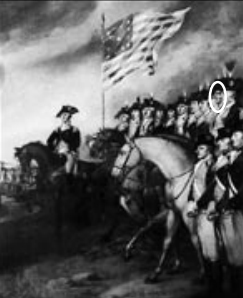But the long-standing American tradition of prayer at official ceremonies displays with unmistakable clarity that the Establishment Clause does not forbid the government to accommodate it. The narrow context of the present case involves a community’s celebration of one of the milestones in its young citizen’s lives, and it is a bold step for this Court to seek to banish from that occasion, and from thousands of similar celebrations throughout this land, the expression of gratitude to God that a majority of the community wishes to make. The Weisman case fully illustrates the anti-religious bias which now dominates much of the Court’s current jurisprudence. In fact, public expressions of prayer have been such a consistent loser over the past three decades that the district judge who issued the original ruling in the Weisman case had concluded:
The Constitution as the Supreme Court views it does not permit it prayer. Unfortunately, in this instance there is no satisfactory middle ground. Those who are anti-prayer have thus been deemed the victors. These eight representative cases, selected from scores of similar cases, confirm that the current First Amendment is unlike the one originally delivered by the Founders. In its remaking of the First Amendment over the past three decades, the Court has created four different standards: the “Establishment Test” 1947, the “Lemon Test” 1971 discussed in the following chapter, the “Endorsement Test” 1985, and the psychological “Coercion Test” 1992 now called the “Outsider Test”. Observing these changes, one is reminded of Thomas Jefferson’s warning: The Constitution is a mere thing of wax in the hands of the judiciary which they may twist and shape into any form they please. Under the influence of the judiciary, the Constitution has indeed taken on a new “form,” and even if an individual had absolutely no knowledge of our heritage or constitutional history, one must wonder at the logic behind the current interpretation. The First Amendment’s wording is explicit: “Congress shall make no law respecting an establishment of religion.” David Barton - Believers and nonbelievers are asking these questions, "Who am I? What is the meaning of life? Where am I going? How can I get help in this relationship? How can I forgive this person?
0 Comments
Leave a Reply. |

 RSS Feed
RSS Feed